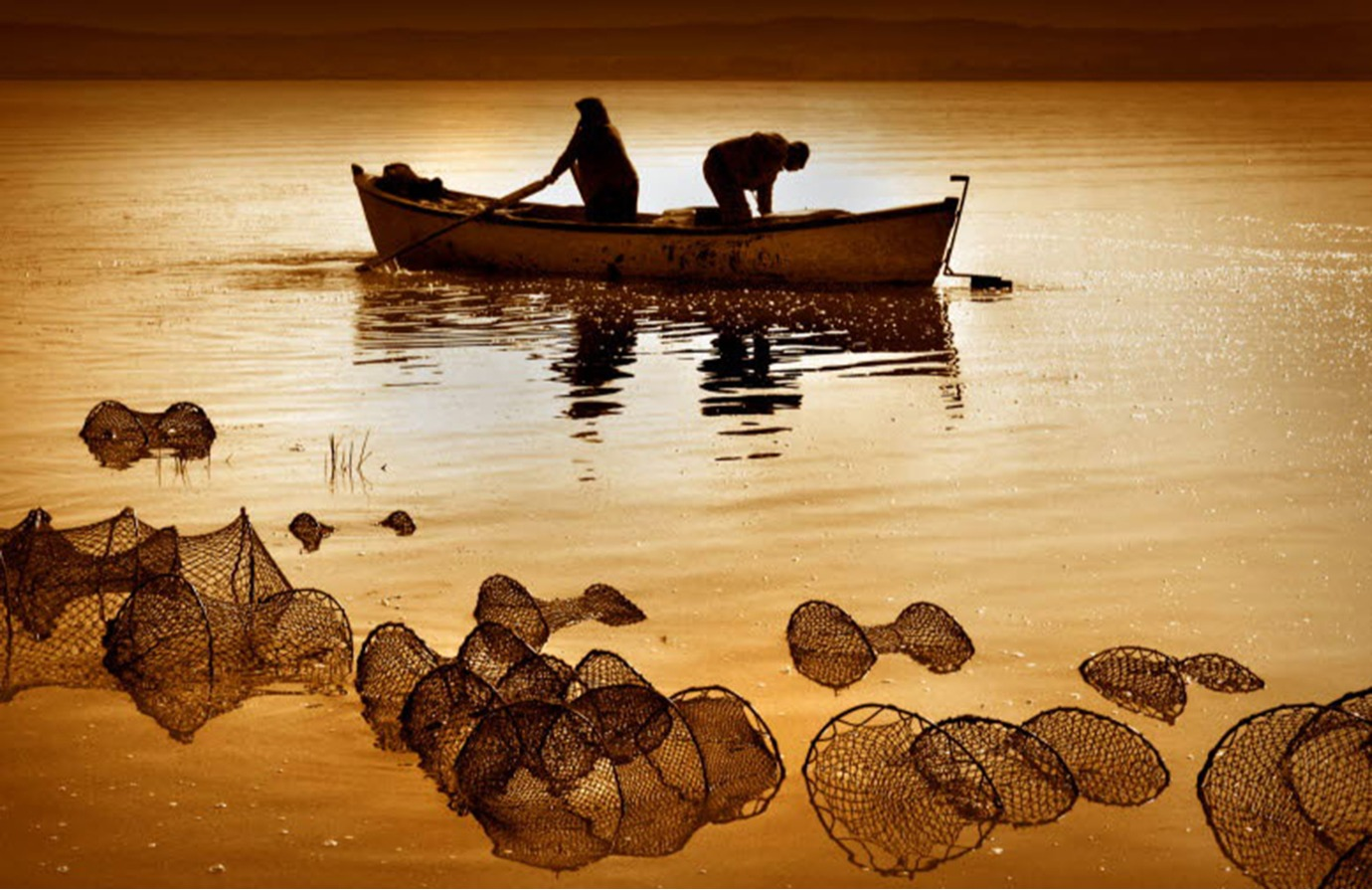Topic outline
This course provides an overview of adaptation and mitigation strategies that can be implemented in response to climate change impacts on the fisheries and aquaculture sector.



This course addresses the subject matter from a technical perspective. It is designed for a range of stakeholders. Individuals who would especially benefit from taking this course include:
- Policy-makers
- Development practitioners and programme managers
- Sectoral specialists and academics
- Trainers and extension agents
- General facts on the fisheries and aquaculture sector
- Impacts of climate change on the sector and specific elements on marine fisheries, inland fisheries and aquaculture
- Main responses to climate change including: Adaptation measures and their practical application through case studies; and mitigation measures to reduce the sector’s carbon footprint
The course consists of 5 lessons, ranging from approximately 10 to 60 minutes duration each:
- Lesson 1 – Introduction
- Lesson 2 – Understanding climate change
- Lesson 3 – Adaptation
- Lesson 4 – Mitigation
- Lesson 5 – Takeaway messages
The online version of this course runs on the latest versions of the major browsers, such as Chrome, Safari, Edge and Firefox.
The downloadable version only runs on Windows PC’s and no additional software is needed.
Digital certification
This course offers certification. You will get your digital badge upon passing a final exam after completing the course and achieving a grade of at least 75%. Please click on the button below to complete the exam, or refer to our Certification section to learn more.
Evaluate this course
We would be pleased to receive your evaluation of this course, to support us in improving future e-learning courses. Please click on the button below to answer the questions in the form. It should only take you a few minutes!


